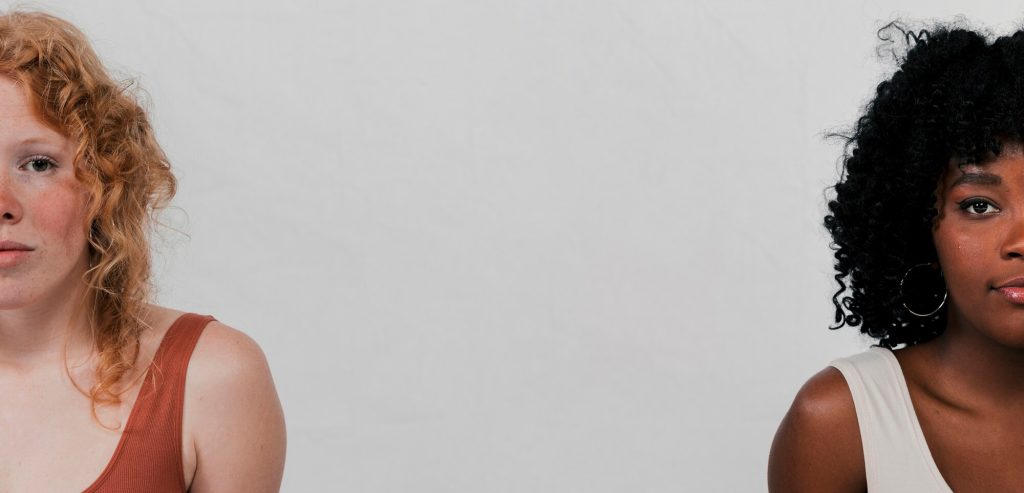
Feeding your baby can be an exciting yet confusing journey, especially with so much advice swirling around from well-meaning family members, friends, social media, and even outdated pediatric guidelines. It’s easy to get overwhelmed by conflicting information and end up feeling unsure about the best choices for your little one.
In this article, we’ll bust some of the most common baby feeding myths that many parents still believe today — and explain what science and expert advice actually say. Spoiler alert: Rice cereal is not the only or necessary first food, and there are many other feeding “rules” you can rethink!
❌ Myth 1: Rice Cereal Is the Best First Solid Food
For decades, rice cereal has been considered the go-to first solid food for babies. But why? Historically, rice cereal was recommended because it’s easy to digest and low in allergens. However, recent research and pediatricians suggest that rice cereal isn’t the must-have introduction to solids it once was.
What Experts Say
The American Academy of Pediatrics (AAP) and other health authorities now recommend introducing a variety of nutrient-rich foods starting around 6 months — not just rice cereal. Starting with pureed vegetables, fruits, or iron-rich meats is perfectly fine and can even be better for diversifying your baby’s palate.
Why Ditch the Rice Cereal Obsession?
- Rice can contain trace amounts of arsenic, which parents may want to minimize.
- Relying on one type of food limits early flavor exposure and nutrient diversity.
- Babies need iron-rich foods; rice cereal often lacks sufficient iron compared to meats or legumes.
🥄 Myth 2: You Should Wait Until Baby Is 6 Months to Start Solids Exactly
The “6-month rule” is widely accepted, but it’s not a one-size-fits-all timeline.
What the Science Shows
Developmentally, most babies are ready for solids between 4 to 6 months — when they can sit up with support, have good head control, and show interest in food. Pediatricians emphasize watching your baby’s cues rather than rigidly waiting for the 6-month mark.
Signs Your Baby Might Be Ready Earlier
- Reaching for food or opening their mouth when food approaches.
- Loss of tongue-thrust reflex (pushing food out with the tongue).
- Showing hunger despite full milk feeds.
Always consult your pediatrician before starting solids earlier than 6 months.
🥛 Myth 3: Formula-Fed Babies Don’t Need Iron Supplements
Iron is critical for brain development and growth, especially in the first year. Many parents assume formula-fed babies get enough iron from their milk, but that’s not always the case.
The Reality
While infant formulas are fortified with iron, the absorption rate varies. Some babies, especially twins, preemies, or those with low birth weight, might still need additional iron supplements or iron-rich complementary foods.
🍯 Myth 4: Honey Is Safe for Babies After 6 Months
Honey is a common household staple, but it’s actually unsafe for babies under 12 months due to the risk of infant botulism — a rare but serious condition.
Why Honey Is Dangerous for Babies
Honey can contain spores of Clostridium botulinum bacteria, which babies’ immature digestive systems cannot handle. Always avoid giving honey in any form to babies under 1 year.

🌽 Myth 5: Babies Need to Finish Every Spoonful or They Won’t Get Enough Nutrition
Many parents worry their baby isn’t eating enough if they don’t finish every bite. This can lead to stressful feeding sessions and power struggles.
Trust Your Baby’s Appetite
Babies have natural hunger and fullness cues. Forcing or pressuring them to finish can create negative associations with feeding and may contribute to picky eating later on.
🥑 Myth 6: Introducing Allergenic Foods Late Prevents Allergies
It used to be common advice to delay allergenic foods like peanuts, eggs, or fish until after the first year. New research completely flips this idea.
What Current Guidelines Say
Introducing allergenic foods early, around 6 months, may actually help reduce the risk of developing allergies. Always start with small amounts and watch carefully for any reactions, especially if there’s a family history of allergies.
🍲 Myth 7: Baby-Led Weaning Means No Mess and Less Stress
Baby-led weaning (BLW) is a trendy approach where babies feed themselves from the start of solids instead of spoon-feeding purees. While BLW encourages independence, it’s not without challenges.
The Real Picture
BLW often means more mess and longer meal times at first. It requires close supervision to prevent choking and patience to allow your baby to explore foods at their own pace. It’s important to choose the method that fits your family’s lifestyle.
💧 Myth 8: Babies Should Drink Water Right Away When Starting Solids
It’s natural to want to keep your baby hydrated, but giving water too early can interfere with milk intake and nutrition.
Expert Recommendations
Before 6 months, babies typically don’t need extra water. After starting solids, small sips of water can be introduced but should never replace breast milk or formula, which remain the primary sources of hydration and nutrition during the first year.
🥛 Myth 9: Cow’s Milk Is a Good Alternative to Breastmilk or Formula After 6 Months
Some parents think switching to cow’s milk at 6 months is fine or even beneficial, but this can cause issues.
Why Wait Until 12 Months
Cow’s milk lacks the right balance of nutrients babies need and can be hard on their digestive system. Introducing it too early can lead to iron deficiency anemia and digestive upset.

🍎 Myth 10: Feeding Should Be Scheduled Strictly to Build Routine
Rigid feeding schedules sound good in theory, but babies often thrive on flexible routines based on their hunger cues.
Responsive Feeding Works Best
Following your baby’s lead and feeding on demand helps build trust and supports healthy eating habits. It also reduces stress for both mom and baby.
🌟 Final Thoughts: Trust Yourself and Experts, Not Myths
The world of baby feeding is full of myths that can confuse even the most well-prepared parents. The best approach combines expert advice, your pediatrician’s guidance, and tuning into your baby’s unique needs and signals.
Remember, there’s no one perfect way to feed your baby — what matters most is nurturing a loving, stress-free environment that supports healthy growth and development.







